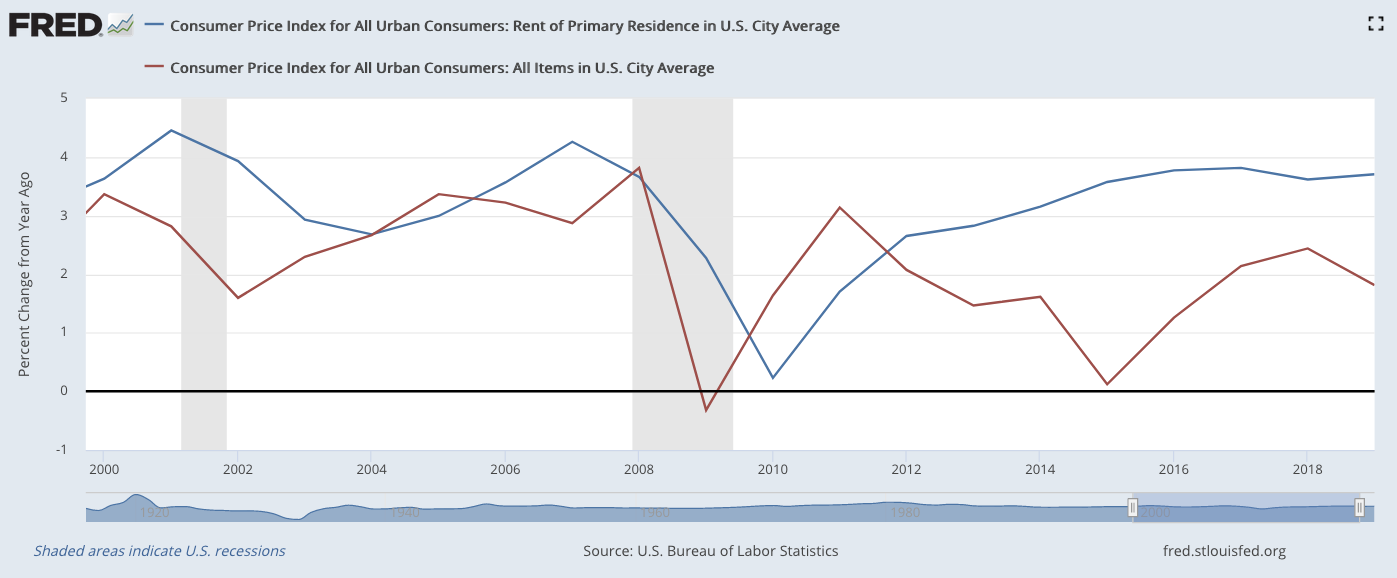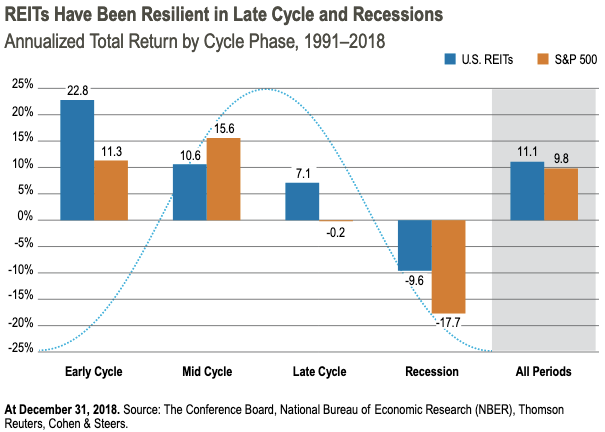The following post was written and/or published as a collaboration between Benzinga’s in-house sponsored content team and a financial partner of Benzinga.
Uncertainty has become the watchword of 2020, seemingly on all fronts.
This cloud of uncertainty has clearly wreaked havoc than within investment portfolios. The major market indexes are coming off their worst quarter since 1987, the CBOE Volatility Index (VIX) has reached its highest level since the 2008 financial crisis, and major investment funds have been forced to seek financial aid from the Federal Reserve as redemptions skyrocket and threaten a liquidity crisis similar to occurred in the last recession more than a decade ago.
Bad as the last month has been, investors should bear in mind that periods of economic strife are not insurmountable. Although money can languish in uncertain times, effective deployment of investment capital across a wider array of assets now can mean the difference between rebuilding a portfolio in months or rebuilding it in years.
While investment capital may face some risks as markets adapt to new economic circumstances, historical trends within alternative investments like real estate can help guide investors through this lastest instance of financial instability through sound and risk-managed decisions for how to grow your savings in times of uncertainty.
Steady Income In Unsteady Markets
As mentioned above, liquidity remains a pressing concern when economic conditions grow volatile. Oftentimes, this means maintaining liquid investments or cash on hand simply for the sake of having capital available in the short-term.
But while a certain degree of liquidity within a portfolio is critical, investors in the midst of a crisis have increasingly gravitated toward the income-generating opportunities inherent in less liquid assets such as debt financing, real estate, and REITs. Investment vehicles with exposure to these alternative assets have provided income yield of upward of 4% in addition to whatever appreciation they accrue over their lifetime.
Discover How Diversified REITs or Multifamily Equity Can Work in Your Portfolio
For their part, REITs have also shown to be somewhat resistant economic shocks. A 29-year survey of REIT performance compared to that of the S&P 500 by asset management firm Cohen & Steers showed REITs largely outperforming equities in most periods of the economic cycle.
This past performance, in addition to the passive income that REIT and other alternative assets have historically provided, previously served as a stable footing for investors unsure of how to allocate their portfolio following a drastic downturn.
Multifamily Real Estate
Of course, REITs are not the sole means by which investors can gain access to passive income in alternative assets. Recently, direct equity or debt financing investments in real estate have become one of the most compelling ways for retail investors to foster passive income within their portfolio, particularly as interest rates remain at historic, near-zero low.
The Freddie Mac Multifamily Apartment Investment Market Index (AIMI), which gauges the relative value of commercial multifamily real estate investment, recorded its highest annual growth in a decade the final quarter of 2019, thanks largely to falling mortgage rates and steady net operating income from tenants. While the recent economic downturn will no doubt affect this calculus, other factors promise to provide potential supports.
Visit Diversyfund to Learn How to Avoid Volatility and Build Income Streams
Lease income is the primary avenue by which commercial lease property investments generate cash flow, which is why they have always been such a popular investment vehicle for those that could afford them. Rent growth is also averaging more than 3.5% over the past five years and outpacing inflation growth over the past eight, according to data from the U.S. Bureau of Labor Statistics.

U.S. Bureau of Labor Statistics, retrieved from FRED, Federal Reserve Bank of St. Louis
Despite the recent economic upheaval, commercial and multifamily real estate is likely to remain an investment focus for those seeking diversification given the persistent demand for rental properties that have developed over the previous decade. Data from the U.S. Census Bureau reveals that vacancy rental rates were at more than a three-decade low at the end of 2019.
A High Need, A High Demand
Obviously, much remains uncertain about how rental rates will be impacted in the coming months as renters and landlords struggle to find solutions to the economic standstill both groups find themselves in. Both groups need the other in order to survive and finding ways for basic affordable services like apartment leases will prove critical in the next few months of recovery.
Exposure to income-generating assets like real estate, in coordination with more traditional assets, has proven critical cushion as other asset classes also find their footing.
The preceding post was written and/or published as a collaboration between Benzinga’s in-house sponsored content team and a financial partner of Benzinga. Although the piece is not and should not be construed as editorial content, the sponsored content team works to ensure that any and all information contained within is true and accurate to the best of their knowledge and research. This content is for informational purposes only and not intended to be investing advice.
© 2025 Benzinga.com. Benzinga does not provide investment advice. All rights reserved.
Trade confidently with insights and alerts from analyst ratings, free reports and breaking news that affects the stocks you care about.
